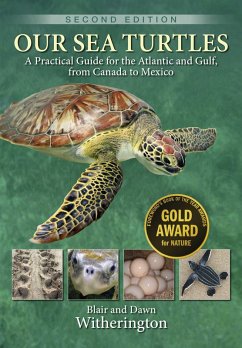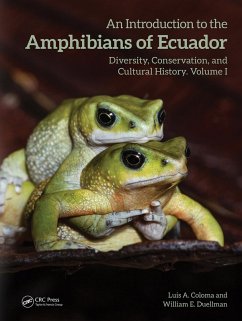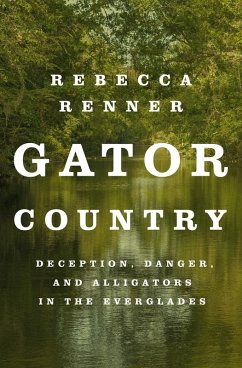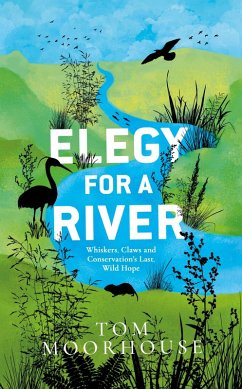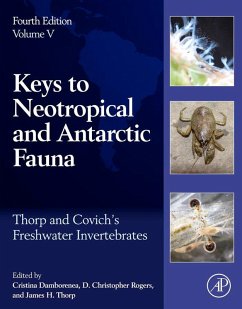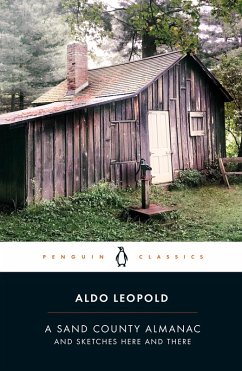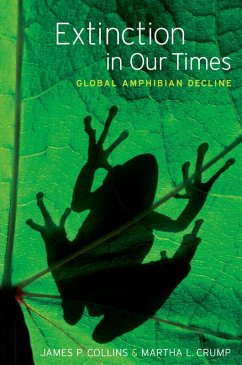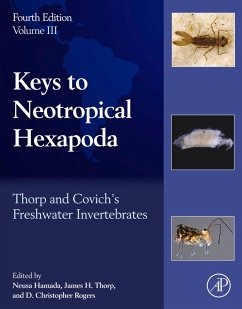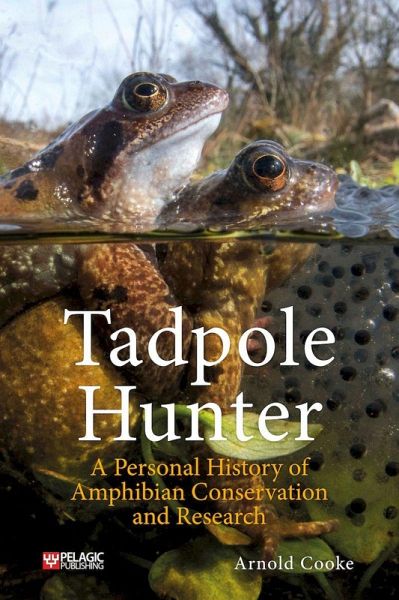
Tadpole Hunter (eBook, ePUB)
A Personal History of Amphibian Conservation and Research
Versandkostenfrei!
Sofort per Download lieferbar
30,95 €
inkl. MwSt.
Weitere Ausgaben:

PAYBACK Punkte
15 °P sammeln!
This book describes the history of amphibian conservation and research in Britain. It is packed with unique insights from the author who, in the late 1960s, was probably Britain's first professional amphibian conservationist. At that time, the situation for amphibians was extremely serious after three decades of population decline. Up to the 1990s, Arnold Cooke was directly involved in understanding and trying to remedy the situation via research, legislation and active conservation. He initiated long-term monitoring, surveillance and studies that continued well into this century. This researc...
This book describes the history of amphibian conservation and research in Britain. It is packed with unique insights from the author who, in the late 1960s, was probably Britain's first professional amphibian conservationist. At that time, the situation for amphibians was extremely serious after three decades of population decline. Up to the 1990s, Arnold Cooke was directly involved in understanding and trying to remedy the situation via research, legislation and active conservation. He initiated long-term monitoring, surveillance and studies that continued well into this century. This research developed and utilised simple monitoring techniques, such as counting breeding newts at night or toads dead on roads. The resulting datasets also proved of value in determining whether breeding behaviour was affected by climate change.
This personal overview charts in detail how amphibian conservation developed from a relatively low knowledge base with few individuals involved to an abundance of information available for the many groups of people now active in the field. It includes published, unpublished and no longer readily accessible material, to emphasise how contemporary knowledge, attitudes and resources affected what was done and what happened as a result. Various policies, strategies, laws and other initiatives have helped stop or slow declines, but the future is still uncertain.
The book will appeal to a broad readership, from naturalists to professional herpetologists. Furthermore, this story will have relevance for amphibian conservation in other countries in light of their more recent widespread declines. It is also of interest to those wanting to know more about the development of wildlife conservation in Britain.
This personal overview charts in detail how amphibian conservation developed from a relatively low knowledge base with few individuals involved to an abundance of information available for the many groups of people now active in the field. It includes published, unpublished and no longer readily accessible material, to emphasise how contemporary knowledge, attitudes and resources affected what was done and what happened as a result. Various policies, strategies, laws and other initiatives have helped stop or slow declines, but the future is still uncertain.
The book will appeal to a broad readership, from naturalists to professional herpetologists. Furthermore, this story will have relevance for amphibian conservation in other countries in light of their more recent widespread declines. It is also of interest to those wanting to know more about the development of wildlife conservation in Britain.
Dieser Download kann aus rechtlichen Gründen nur mit Rechnungsadresse in A, D ausgeliefert werden.




